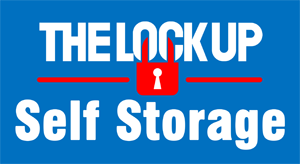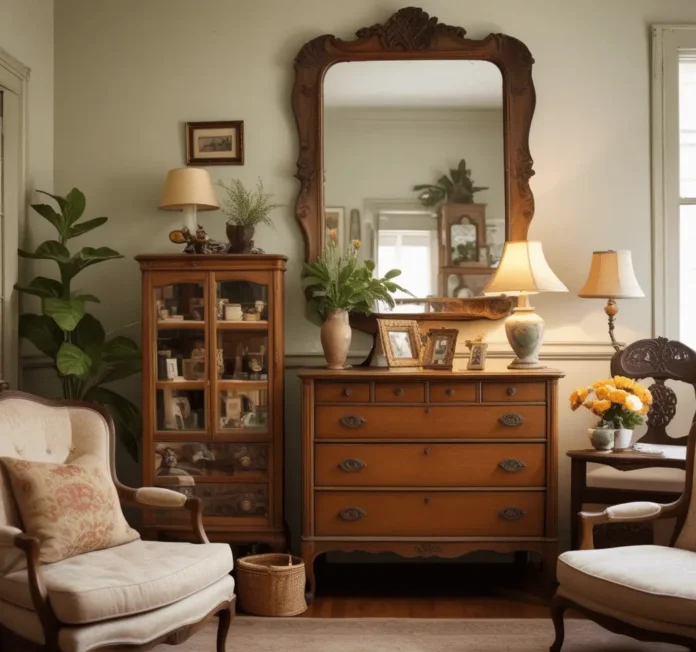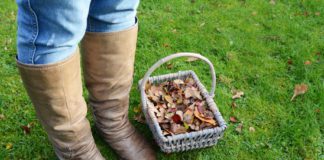Have you recently inherited some old furniture from a loved one and aren’t quite sure what to do with it? Many people are quick to hold an estate sale, but how much is the furniture actually worth? To help you determine a reasonable price, here are some tips for valuing inherited furniture and what to do if you want to hold onto things for their sentimental value.
The Difference Between Appraisals and Valuation
Appraisals and valuations serve different purposes, though they may seem similar at first glance. Appraisals are formal assessments that provide the probable replacement value of an item, which is often used for insurance purposes or tax calculations. An appraisal is good if you need to establish a value for estate planning or legal matters. For an accurate appraisal, it’s important to work with an accredited personal property appraiser from reputable organizations such as the Appraisers Association of America, the International Society of Appraisers, or the American Society of Appraisers.
On the other hand, valuations focus more on what you could sell the item for in the current market. This helps create a strategy for asset liquidation or equitable distribution among family members. While not as formal as appraisals, valuations are still crucial for understanding the selling potential of your inherited items.
6 Tips for Valuing Inherited Furniture
The process for appraisals and valuing is quite similar, but appraisals tend to be a bit more serious as they’re part of estate planning when you need to get insurance for an item. Valuing is a bit simpler, as you likely won’t need to deal with insurance. Still, if you want to hold an auction, work with a furniture dealer, or find a buyer for your inherited pieces, you should get started with the following steps.
1. Understand the Current Market
The value of antique or inherited furniture fluctuates based on market trends. Researching online auction sites, such as eBay or Chairish, can give you an idea of what similar items are selling for. Demand can vary by location, so local dealers or consignment shops can provide valuable insight into the current market conditions. You should also pay attention to the actual sale price for items already sold, not the listed price of those still available for purchase, which may not be an accurate idea of the final value.
2. Look for Labels or Name Stamps on Antique Furniture
Check your furniture for any identifying marks, labels, or stamps. These details can help verify the manufacturer, designer, or period in which the item was made. Renowned furniture makers or specific periods, such as the Victorian era or mid-century modern, tend to have a higher value due to their historical significance or craftsmanship. You can find more information on high-value antique furniture brands here.
3. Confirm the Furniture’s Material
The type of material used can also significantly affect the value of your furniture. Solid wood pieces, such as oak, walnut, or mahogany, often value better than furniture made from veneers or particleboard. Additionally, certain types of wood may have become rare or valuable over time. Determining what materials your furniture is made from can give you more insight into their resale prices.
4. Make a Note of Any Damage
Next, try to assess the state of the furniture. Even minor imperfections, such as scratches, dents, or missing hardware, can impact the value. Carefully inspect each piece for signs of wear or damage. While some damage may be repairable, the restoration cost could reduce the resale value. Therefore, it’s important to calculate the repair cost vs. resale value for each piece.
5. Try to Determine if Repairs Have Been Made
Previous repairs may also impact the overall value of your inherited furniture, especially if you’re dealing with rare items or highly sought-after names. So, look for signs that the furniture may have been repaired or altered over the years. Refinished surfaces or replaced hardware can affect a piece’s historical integrity and value. If repairs have been made, it’s important to mention this to get an accurate appraisal or when working with an auctioneer.
6. Determine the Fair Market Value
Fair market value refers to the price a willing buyer would pay for an item in its current condition. If you’re unsure about determining this value, working with a local dealer or attending estate sales can give you an idea of what people are currently paying for similar items. Online auction platforms can also provide a starting point for estimating this value.
Then, compare the fair market value to wholesale and resale values. Wholesale values represent the price a dealer might pay if they buy the item from you, while resale values reflect what you could make selling it yourself. Be aware that dealers typically offer less than fair market value since they need to make a profit when reselling the item.
Tips to Determine the Value of Other Items
Many individuals with an inheritance from a friend or family member’s estate will receive more than just furniture. Consider the following rules of thumb to help you determine the market price of a few other items.
Valuing Rugs
Anyone who owns a rug knows how expensive they are, but what’s the value of inherited rugs? Similar to furniture, the purchase price will depend on supply and demand. Typically, someone is more willing to pay retail price for a new carpet or rug than a high dollar amount for an old, potentially dirty, or worn-out one. The only exception would likely be hand-made versions of rugs that have a unique backstory and can be verified through documentation.
Valuing Silver Items
If you’ve received something that appears to be silver, remember that there are fake silver or coated items that don’t have any value. Look for labels that say “sterling.” Silver items worldwide may also have a stamp resembling a lion or the number 925, 900, or 800. Even if you find something worth taking to a liquidator or estate agent, most silver sets aren’t worth thousands of dollars anymore.
China
Fifteen years ago, the market value for certain china sets was incredibly high—sometimes even reaching $30,000. Today… not so much. The same set that may have gone for $30,000 then might only be worth $10,000 or less today. Still, that’s a pretty good amount of money, so it’s worth researching the name to know the value of what you have.
Glassware
Glassware items seem to have decreased in value the most, mainly due to current tastes and the lack of demand. Although the resale market can still give you an idea of valuation, trying to sell every item may be more work than it’s worth.
Art
Art is a unique item to inherit from a loved one, typically because it’s personal and very dependent on taste. However, unless the art is from a reputable gallery or artist, the resale value is likely similar to decorative art you can purchase in a generic store. Still, you can check sites like Askart, Artprice, or Findartinfo if you know the artist and want to ensure you get a good estimate of its worth.
Coins
You may also want to assess old coins, especially if your loved one was a collector. Although typically, the appraised value depends on the coin’s silver content, there are some exceptions for extremely rare coins or well-kept collections. Otherwise, silver coins were generally only made up until 1964. After that, nickel, zinc, and copper were primarily used.
How to Keep and Store Inherited Furniture and Other Items
While some people may want to start valuing all of their inherited items so they can make a sale and move forward, others might want to hang on to some things for a while. If you’re not ready to part with your inherited furniture or other items, consider getting them appraised and then storing them in a secure self-storage unit from The Lock Up Self Storage. Our climate-controlled self-storage units are perfect for all your inherited items, whether fragile or not. We offer a variety of self-storage units in varying sizes to ensure all of your items fit without having to stack everything from floor to ceiling. With flexible leasing options, you can use our self-storage for as long as you need, whether short-term or long-term. Our facilities have top-of-the-line security features like perimeter alarms, gated access codes, and 24/7 CCTV. To learn more about our self-storage units at The Lock Up, call us today at 1-866-327-LOCK or stop by one of our locations for a tour.



















